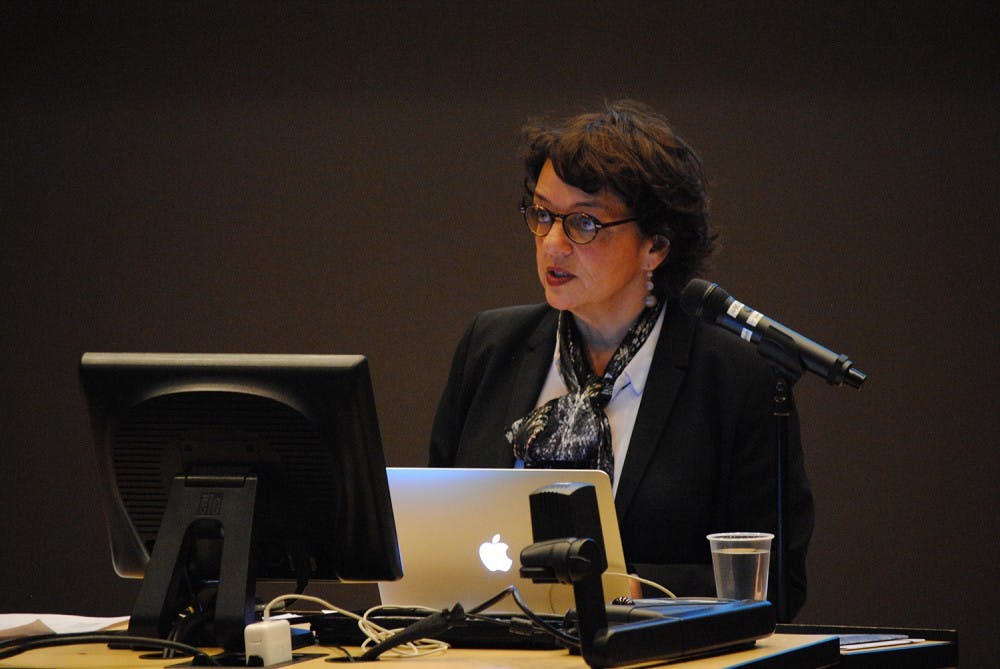A fully packed auditorium at the FedEx Global Education Center housed the fourth annual UNC Health and Human Rights Lecture Series on Tuesday. Professor Benjamin Meier first organized the series back in 2012.
“This is a really great way of bringing together the amazing medical and public health resources here at UNC with our legal community, and also our public policy community, to understand how we can develop a better world and realize the highest attainable standards,” Meier said.
He said the uniqueness of the lecture series and its interdisciplinary nature are important.
“In some ways, there is no other lecture anywhere in the world that focuses on human rights under international law as a basis for public health,” he said.
The lecture series focuses on bringing together three disciplines: public health, human rights and public health policy. In doing so, Meier said he hopes students will view human rights as a moral compass when discussing public health issues.
Veronica Magar, a UNC alumna and the leader of the Gender, Equity and Human Rights Team at the World Health Organization, spoke at this year’s lecture.
The World Health Organization recently named UNC its academic partner to research how to implement the U.N. Secretary General’s Global Strategy for Women’s, Children’s and Adolescents’ Health.
The United Nations 2030 Agenda for Sustainable Development, passed by the General Assembly of the U.N. in September, was the main thrust of Magar’s lecture.




